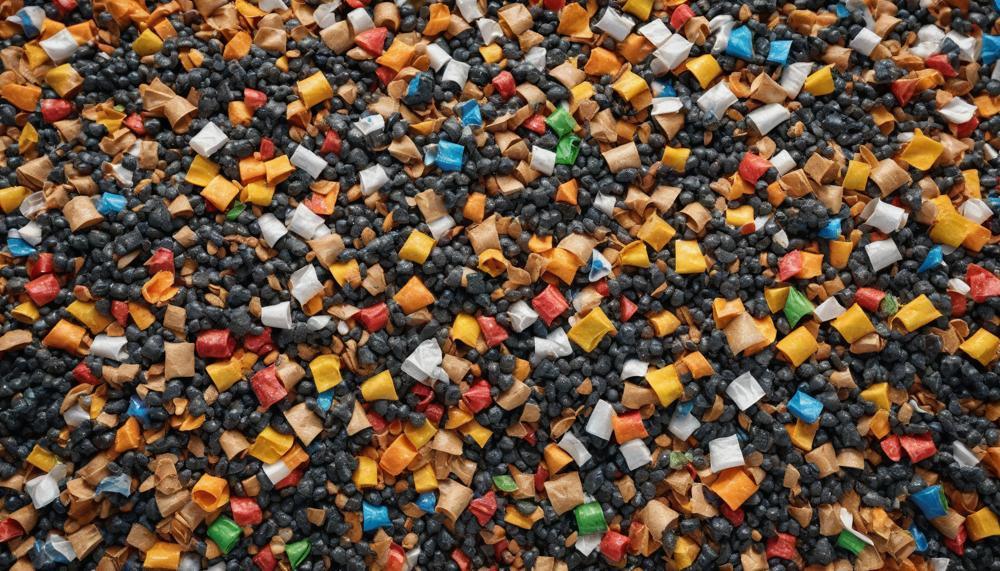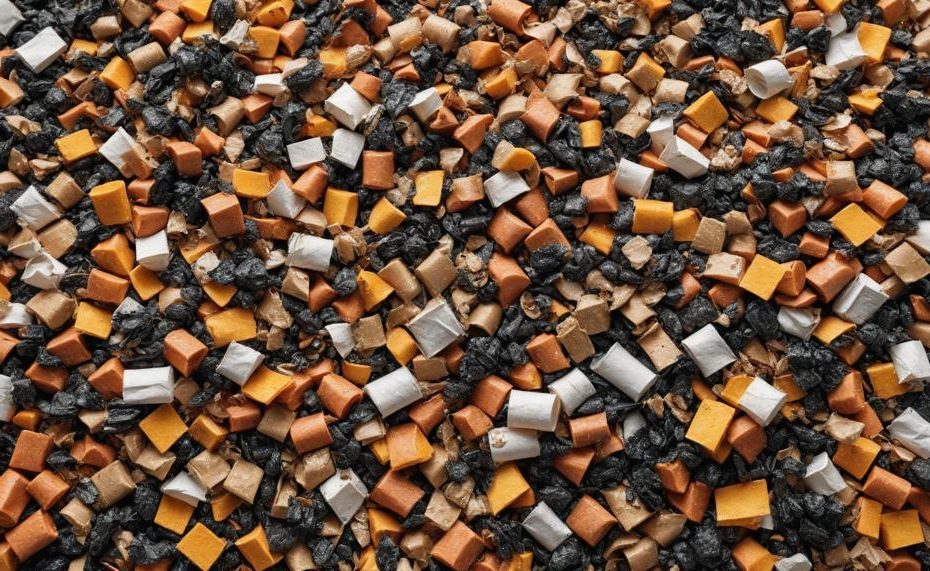Yes, littering is still littering, even if the material is biodegradable. While it’s easy to think that tossing an apple core or banana peel on the ground is harmless because it will eventually break down, this practice is still harmful to the environment and our communities.
Biodegradable litter doesn’t just vanish; it can take time to decompose, attract pests, disrupt local wildlife, and contribute to visual pollution. In some cases, it can even introduce non-native species to an area or lead to soil imbalances.
So, even though biodegradable materials are less harmful than plastics or metals, they should still be disposed of properly.
Key Takeaways:
- Visual Impact: Biodegradable litter still contributes to unsightly environments and reduces the aesthetic quality of natural spaces.
- Wildlife Risks: Animals might ingest or be attracted to biodegradable waste, which can disrupt their natural behaviors and diets.
- Decomposition Time: Even biodegradable items can take weeks or months to break down, creating temporary environmental issues.
- Environmental Harm: Biodegradable waste can introduce non-native species or create imbalances in the local ecosystem.
- Proper Disposal: It’s always better to compost or dispose of biodegradable items correctly to minimize their environmental impact.
Understanding that all forms of littering have consequences helps reinforce the importance of responsible waste management, regardless of how “natural” the waste might seem.
Is It Littering If Its Biodegradable?

Yes, it is still considered littering even if the material is biodegradable. Littering is defined as knowingly depositing litter on any public or private property or in any public or private waters, without permission to do so. Litter is trash improperly placed so as to be a nuisance or health concern.
Biodegradable waste such as food or paper can cause its own sets of environmental problems, both locally and globally¹. For instance, it can attract animals and pests, cause pathogens in the soil, spread disease, and make areas unpleasant and undesirable to visit.
Even if an object is biodegradable, it has zero bearing on whether or not it is considered litter. For example, it is illegal to throw anything out of the window of your vehicle in any location, regardless of whether the object thrown out the window is biodegradable or non-biodegradable.
Moreover, the labeling of products as “biodegradable” may result in more littering behaviors due to a perceived technical fix that removes responsibility from individuals.
Biodegradable plastic is tested to make sure that it breaks down under controlled conditions in a lab, but nature does not have controlled conditions, so it can never be certain that biodegradable plastic will actually biodegrade in the natural world if it is littered.
So, to answer your question, even if something is biodegradable, it is still considered littering if it’s improperly disposed of.
It’s always best to dispose of all waste, including biodegradable materials, in a responsible manner. This helps to maintain the cleanliness and health of our environment.
Conclusion
While it might seem harmless to discard biodegradable items like apple cores or banana peels outdoors, this practice is still considered littering and poses several environmental risks. Biodegradable waste, despite its natural decomposition process, can take weeks or even months to break down, during which it contributes to visual pollution and can disrupt local ecosystems.
When left in nature, biodegradable waste attracts pests and can introduce non-native species, which may lead to imbalances in local flora and fauna. Animals might ingest this waste, potentially harming their health and altering their natural behaviors.
Moreover, the visual impact of littered biodegradable items detracts from the natural beauty of environments and diminishes the quality of outdoor spaces for everyone.
Proper disposal of biodegradable waste is crucial. Composting at home or using designated compost bins helps ensure these materials break down in a controlled environment, minimizing their negative impact. Responsible waste management is a shared responsibility, underscored by the need for effective governance and community engagement. Educational programs, robust infrastructure, and clear regulations are essential in fostering sustainable practices.
In essence, all forms of littering, including biodegradable waste, have significant environmental consequences. Proper disposal practices are vital in maintaining ecological balance and preserving the aesthetic quality of our natural spaces.





